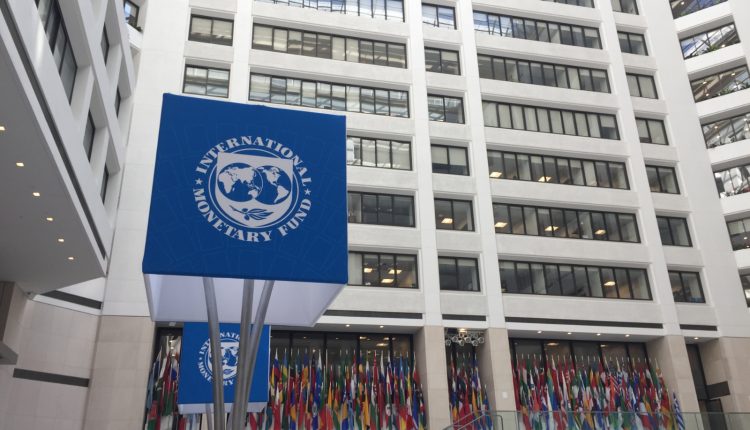Gulf economies to shrink 7.6% due to coronavirus, decline in oil prices: IMF
The Gulf states’ economies could shrink by 7.6 percent this year in their deepest fall in decades, as the coronavirus and low oil prices weigh in, a top International Monetary Fund (IMF) official said on Tuesday.
The new projection for the six-nation Gulf Cooperation Council (GCC) is massively worse than the 2.7 percent contraction the IMF had revealed just two months ago.
Oil revenues in the GCC, the Gulf Arab monarchies which supply around a fifth of the world’s crude, are also likely to fall by $200 billion in 2020, said Jihad Azour, director of the IMF’s Middle East and Central Asia Department.
“The oil sector will shrink sharply by around 7.0 percent and it will be accompanied by a drop in the non-oil sector also,” Azour said in a webinar on the prospects for a post-coronavirus recovery in the region.
However, the IMF official forecasted a faster rebound in 2021 as Gulf economies grow by 2.5 percent — “a full 10 percent turnaround.”
Azour said that oil prices in real terms – adjusted for inflation – declined to their lowest level since 1973 earlier this year before recovering partially after a deal among major exporters to cut production.
The GCC comprises regional powerhouse Saudi Arabia and the UAE along with Bahrain, Kuwait, Oman, and Qatar.
Last week, the IMF kept its projections for Brent oil prices unchanged at around $36 a barrel, almost half of 2019’s average.
Azour said the sharp decline in oil prices and the impact of the pandemic would result in more debt in GCC economies, a problem he warned must be addressed.
In its World Economic Outlook released last week, the IMF also projected Saudi Arabia’s economy would contract by 6.8 percent — the lowest growth in more than three decades.


